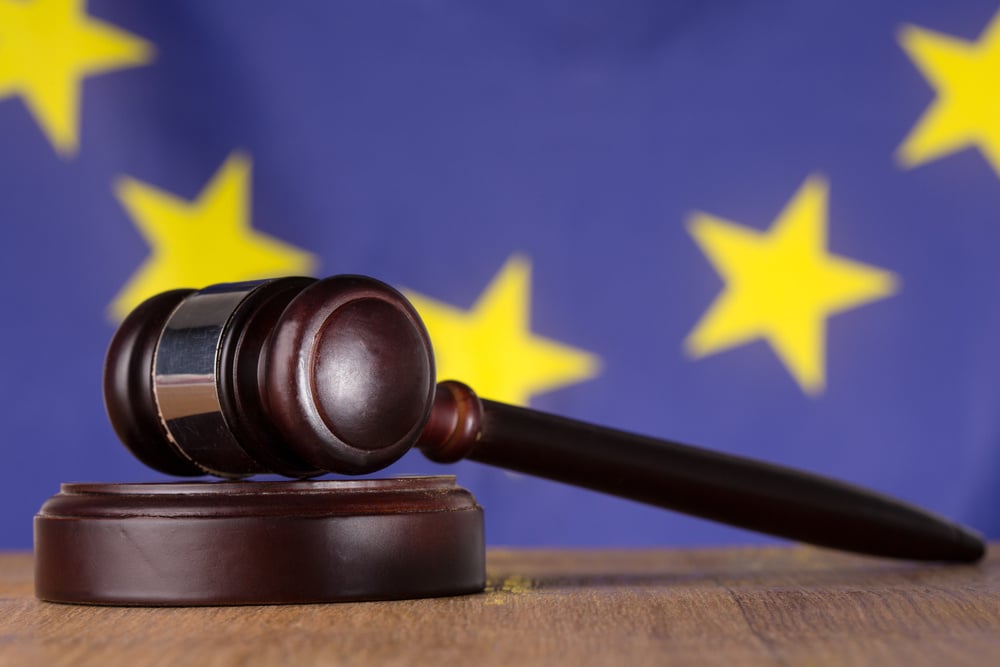The Council of Europe has taken a significant step by adopting the first-ever international legally binding treaty to ensure that artificial intelligence (AI) systems respect human rights, uphold the rule of law, and support democratic standards.This landmark treaty, which is open to countries outside of Europe, establishes a comprehensive legal framework covering the entire lifecycle of AI systems, addressing potential risks while promoting responsible innovation.
About the AI Framework Convention
Adopted by the Committee of Ministers of the Council of Europe during its annual ministerial meeting in Strasbourg, the Framework Convention on Artificial Intelligence and Human Rights, Democracy and the Rule of Law aims to mitigate the risks posed by AI technologies. The treaty promotes a risk-based approach to the development, use, and decommissioning of AI, emphasizing the need to consider any adverse consequences.
Marija Pejčinović, Secretary General of the Council of Europe, highlighted the importance of the treaty: "This global treaty ensures that AI respects human rights. It responds to the need for an international legal standard, supported by states across continents that share the same values, to harness the benefits of AI while mitigating the risks. We want to ensure that the use of AI respects human rights, the rule of law, and democracy."Joint development and broad scope
The Convention is the result of two years of work by the Committee on Artificial Intelligence (CAI), involving 46 member states of the Council of Europe, the European Union and 11 non-member states, including Argentina, Australia, Canada, Costa Rica, the Holy See, Israel, Japan, Mexico, Peru, the United States and Uruguay. The private sector, civil society, and academia also contributed to the effort.
The treaty applies to AI systems used in both the public and private sectors. It provides two compliance pathways for parties regulating the private sector: direct obligations under the treaty's provisions, or alternative measures that respect international human rights, democracy, and the rule of law. This flexibility recognizes the diversity of legal systems around the world.
Transparency and Accountability
The Convention establishes specific transparency and oversight requirements based on context and risk, including the identification of AI-generated content. Parties must take steps to assess and mitigate potential risks, including considering moratoriums, bans, or other appropriate measures for AI uses that are inconsistent with human rights standards.
The treaty requires accountability for adverse impacts and ensures that AI systems respect the rights to equality, non-discrimination, and privacy. It also requires that victims of human rights violations related to AI systems have access to remedies and procedural safeguards, such as notification, when interacting with AI systems.
To protect democratic processes, the treaty requires parties to prevent AI from undermining democratic institutions, including maintaining the independence of the judiciary and access to justice. While national security activities are exempt from the treaty's provisions, they must still respect international law and democratic processes.
Implementation and Future
To ensure effective implementation, the treaty establishes a follow-up mechanism through a Conference of the Parties. Each party must also establish an independent oversight body to monitor compliance, raise public awareness, promote informed debate, and conduct multi-stakeholder consultations on the use of AI technologies.
The framework treaty will be open for signature on September 5 in Vilnius, Lithuania, during a conference of ministers of justice. This treaty is a critical step towards globally harmonized AI regulations that balance innovation with the protection of fundamental rights.
You May Also Like

EU Council: First Global AI Regulation

OpenAI’s newest model is GPT-4o

